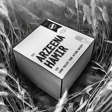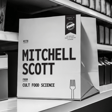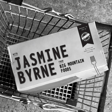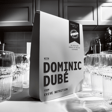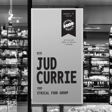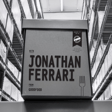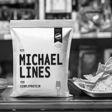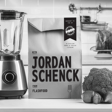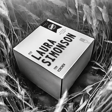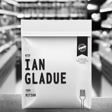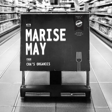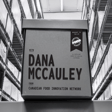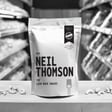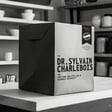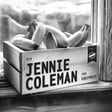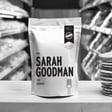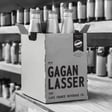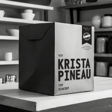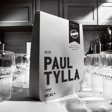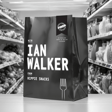
Ari Davis & Katie Wookey | Simpla Foods
Yogurt is a beloved staple for many and for those of us shopping for the plant-based versions we’ve been through some tough times. But now the weird and wacky experimentations are behind us and great flavour and simple ingredients are in the mix.
In this episode of Aisle 42 we go behind the scenes of Simpla Foods with founders Katie and Ari. We talk about their delicious coconut-based yogurt, their sustainable packaging and plastic reduction program, transparency in ingredient sourcing, the importance of flavour and texture, the power of probiotics, and creating a healthier food system.
Trust us, their yogurt is remarkable, good for us, and the planet, and you’re going to love listening in. Plus, this the first time having co-founders on the show!
Learn more about this amazing yogurt at https://www.simplafoods.com.
Learn more about the host, Corwin Hiebert, and Ethical Food Group at https://www.ethicalfoodgroup.com/podcast.
Here’s a summary of the conversation:
Dream Grocery Store
Katie and Ari envision a future grocery store with primarily whole foods, abundant fruits and veggies, and clean-label products for trusted shopping experience.
Plant-Based Yogurt Evolution
The interview discusses the evolution of plant-based yogurt from its initial unpalatable versions to the current trend of simple, organic ingredients and creamy textures, exemplified by Katie and Ari's product.
Personal Journey to Yogurt Making
The founders' personal health struggles led them to explore food as medicine, specifically seeking plant-based alternatives. Unable to find authentic fermented coconut yogurt in Canada, they began making it themselves, eventually leading to their commercial venture.
Importance of Probiotics
Katie and Ari emphasize the importance of probiotics for gut health, noting the natural fermentation process in their yogurt, which retains live probiotics crucial for gut health.
Zero Sugar and Maple Syrup Sweetening
The founders explain the absence of sugar in their original yogurt and the minimal use of organic maple syrup in flavored varieties. They advocate for healthier options, stressing the detrimental effects of excessive sugar consumption on health.
Transition to Plant-Based Diet
They discuss the trend of consumers reducing dairy consumption and transitioning to plant-based eating. They speculate that in 50 years, plant-based yogurts may become as popular as dairy-based ones.
Ingredient Sourcing and Transparency: Katie and Ari emphasize transparency in their ingredient sourcing. They have direct trade relationships with suppliers, ensuring organic and fair-trade ingredients.
Packaging Innovation
Simpler Foods uses paperboard packaging with a thin plastic lining, significantly reducing plastic use compared to traditional yogurt containers. They also offset their additional plastic use through a partnership with Repurpose Global.
Product Availability
They are expanding nationally in Canada and can be found in stores like Whole Foods Market, Nature's Emporium, and Ambrosia. They offer a store locator on their website for consumers to find their products.
